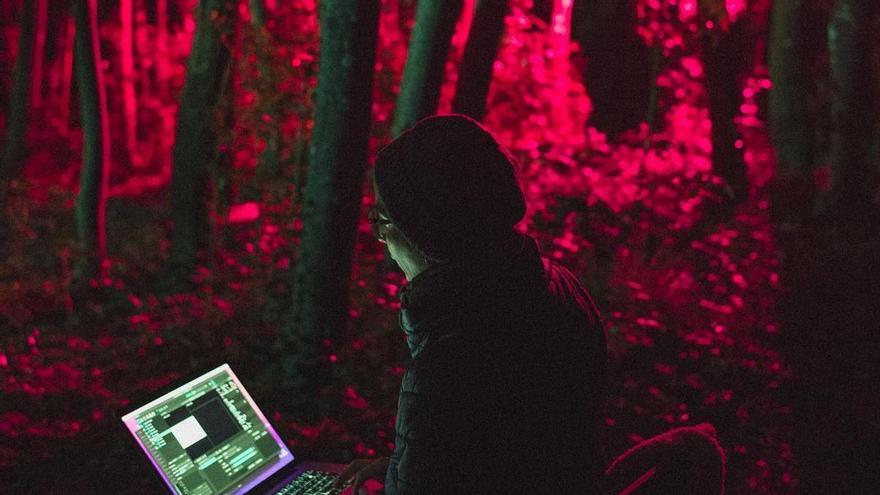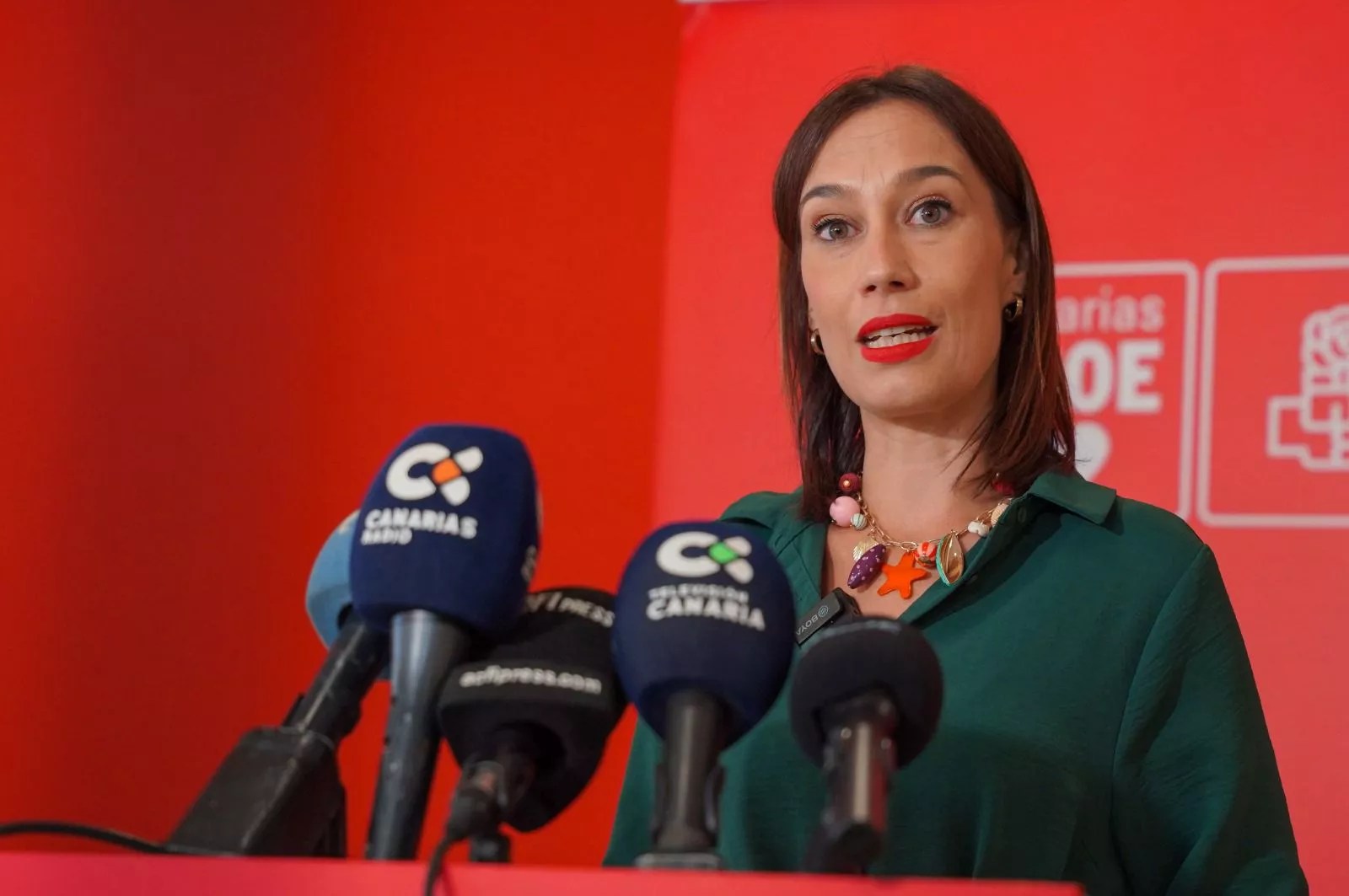
In a town in the Pyrenees, singing among the mountains, he started rapping as a teenager Slavic Dew -known artistically as Rousi– in what she herself defines as a “a bit curious” context. She learned about hip hop culture and became hooked on this world, but she did not have an environment to share it with or anyone to serve as a reference. At the age of 16 she went to live in Zaragoza, following the impulse to find people who understood – and also lived – her passions and concerns.
“I had started painting graffiti, recording my lyrics and my songs, all self-taught, in a very intuitive way and on my own,” he recalls. It was in the Aragonese capital where he could really get closer to the music that interested him, where he formed his first band and began to do concerts in more places. underground and in festivals specialized in hip hop.
In 2011, when she had finished studying photography, she arrived, moved by love, to Tenerife. “Now I have been here for 12 years, very connected with the island and with the Canarian culture,” points out the rapper. In her first year in the Archipelago, she began to navigate the Canarian rap scene. “We got together to improvise on Saturdays, I became quite collective with the people.” Until in 2019, after several life crises, she reinforced her idea that she needed create as therapy mode: “It’s the way to reaffirm my identity a little, which I had put aside following the trend of what people were doing.”
‘It would be strange’
Everything is relative and everything affects. Familiar with loss. The rap that Rousi makes today embraces the experimental and the emotional with his metaphors and rich aesthetics. It would be strange It has been his latest release, a song that belongs to the EP Crystallize that last December 15 saw the light and whose themes –Melting pot, On the Edge, Dead City and the aforementioned It would be strange– can be listened to on Spotify and YouTube. «My themes have always been very introspective, of reclaiming emotional things, perhaps not so much the classic aesthetics of competition rap and reaffirmation of the self in front of others, but more of reclaiming the authenticity of emotions and the importance of connecting with your loved ones. own experiences,” explains the rapper based in Tenerife.
«The concept ‘crystallize’ defines everything, when everything takes shape, something that was abstract and suddenly crystallizes. I wanted to base the whole concept somewhat on the fact of crystallization as a structure that sets. I feel like an artist who is connecting with her identity and her process and I am increasingly stabilizing my path. The video clip also has a little to do with this concept. For him I had a director who is a visual artist based in Berlin and with projections on trees in the forest. “We began to do a process similar to that of music, in the aspect that it is very experimental,” he adds.
The scene on the Islands
Rousi also says that when he arrived in Tenerife he was surprised to see that “there were many people who rapped very well.” Later, when Canarian rap began to be heard strongly outside the Islands, with artists like Cruz Cafuné or Bejo, the rapper explains that everything changed.
«I feel quite disconnected from that because in the end they are aesthetic, for my taste, very commercial. When I arrived in the Canary Islands I found a very undergroundwith the people very connected and very united, and then like everyone started playing tricks and talking about money, cars and women (laughter) and I didn’t understand anything,” Eslava recapitulates.
But Rousi is not alone in her experimental aspirations. Along with it there are other names like the canaries Julious Marvesol and Anibassiawho in his words “have done very avant-garde things”, the Gran Canarian Faith, Warm Lehamo either Kali Ninmahwho also opt for sounds and aesthetics that are further removed from the mainstream and commercial from the Islands.
















